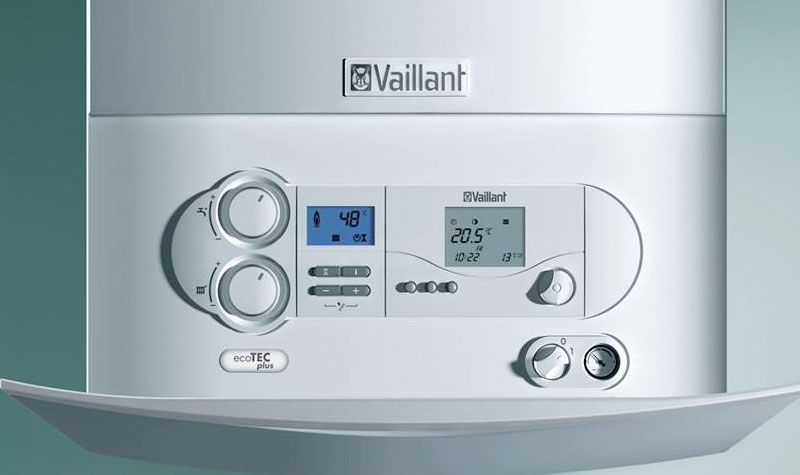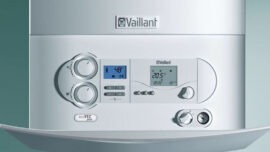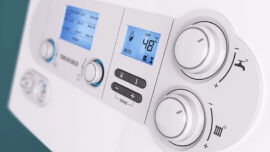
9 Top Tips for a Healthy Boiler
Your boiler works hard to keep your home cosy and your water warm. And even though it doesn’t normally need a lot of attention, it’s good to do a few regular checks to keep everything in working order.
Annual Boiler Service
Getting your boiler serviced annually will keep it running in tip-top condition. A skilled Gas Safe engineer will be able to make adjustments to the running of the boiler to ensure that it is not only running safely but also efficiently. Getting your boiler serviced in September will ensure that your boiler is ready for heavier use in the autumn and winter months.
Bleed Radiators
When you first turn on your boiler, allow it to run for a bit. You will probably notice that some of the radiators do not heat up straight away. This is often because there is air in the radiator. You can tell if it is air because the radiator will be hot at the bottom and cold at the top.
Balancing the radiators
This is quite a tricky but worthwhile exercise. Once you have bled all the radiators, you might notice that some are warmer than others. If you gently adjust the radiators so that the really hot ones are less hot, then the cooler ones should warm up. In big houses this it quite difficult and you may require expert help. PlumbCORE carries out bleeding radiators and balancing the system should you require expert help.
Check the Boiler Pressure
If you have a combi or system boiler, which are both sealed systems, there is likely to be a water pressure gauge on the front. This should be set around 1 bar whilst the heating is off. When the boiler is operating, the gauge will usually rise to 1.5 bar or more whilst heating is on. If the gauge has dropped below the 1 bar level, there is likely to be a small leak or air in the system and the water pressure will need to be topped up with mains cold water.
Check for dripping from the boiler overflow pipe
If there is water dripping from the overflow pipe (located outside your property), it could mean that there is a problem with the boiler. Commonly, the Pressure Release Valve has become faulty. This could be as a result of overfilling the boiler or simply, over time, it has become faulty. You will need to call an engineer to resolve this problem.
Check ventilation
Boilers need to have space around them to be properly ventilated. Make sure that wherever the boiler is housed is clear of clutter. All those shoes, bags and coats should be moved out of the way to let your boiler breathe. If the boiler is housed in a box, ensure that the boiler is accessible with an access panel so that it can be maintained properly. There are strict ventilation requirements, and these can be found in your manufacturer’s instructions.
Check flue is accessible
Recently the regulations changed and now it is law to ensure that the flue can be seen so that any joints can be checked. This means that for any flues that disappear into the ceiling or a void, access panels must be installed. This is for your safety because if a joint is leaking with carbon monoxide, it might not be spotted. If you have any doubts, it is wise to call us, or another Gas Safe engineer and we will fit some access panels for you.
Do not try to do any boiler repairs yourself
If there is a problem with your boiler, do not open it and try to fix it yourself. Always ensure that whoever does work on your boiler is Gas Safe Registered. Ask the engineer to show you his Gas Safe Card and check that the dates are correct for the year. Call the Gas Safe and check the number is valid.
Look for a blue flame
If the flame of your boiler is yellow or orange and not blue, call a Gas Safe engineer straight away and get it checked. A yellow or orange flame on a boiler can mean that the boiler is faulty.





